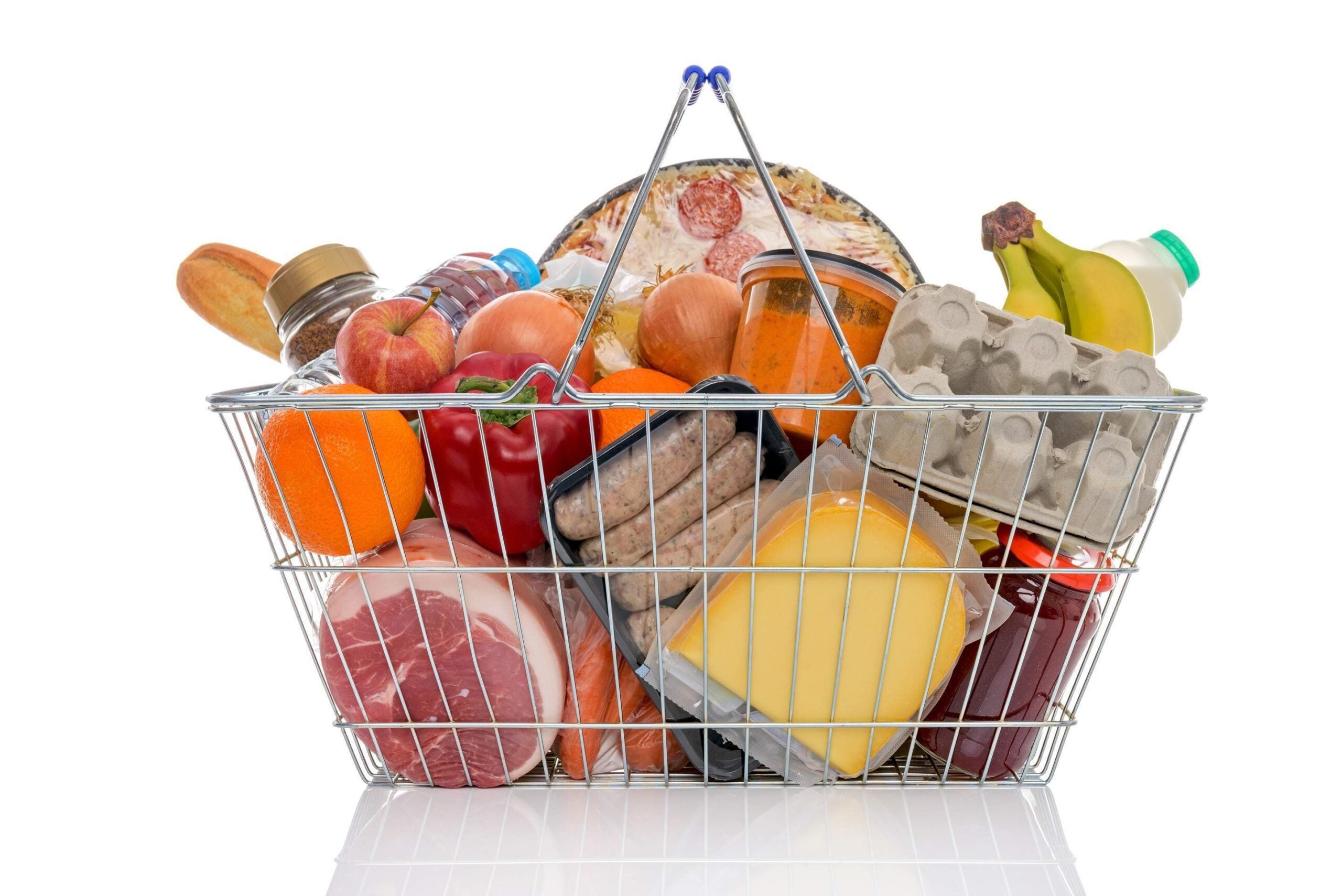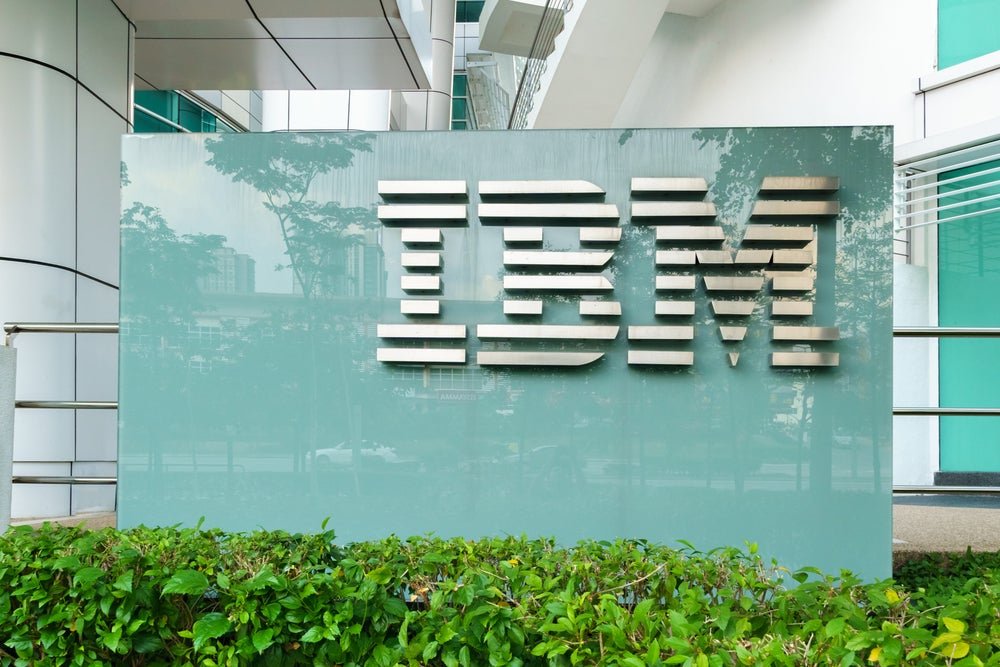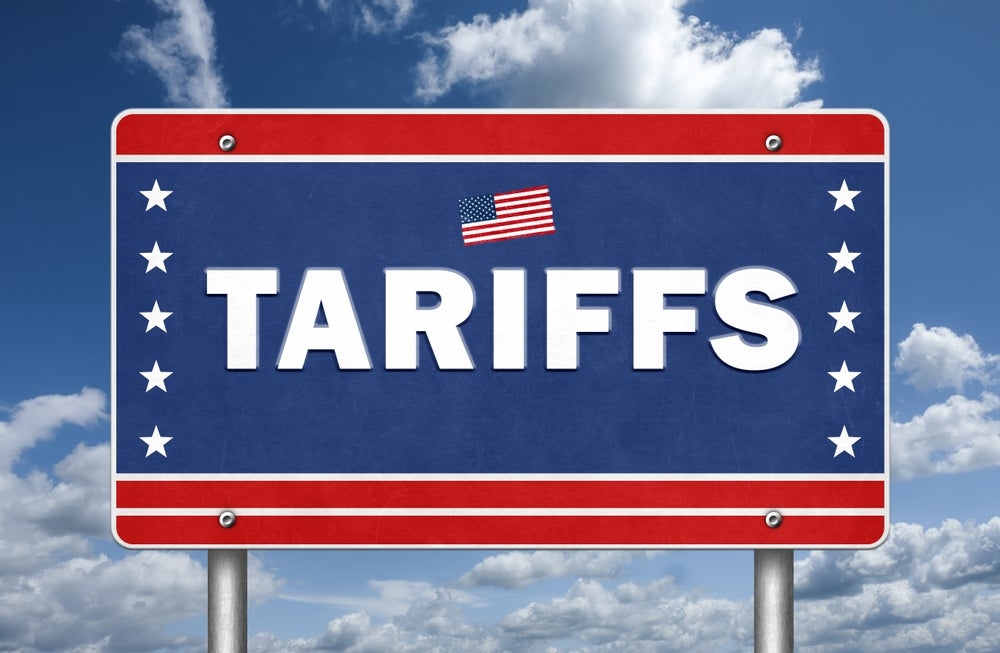
UK inflation has risen to 2.3 percent, pushed up by rising fuel and food prices.
Inflation, as measured by the Office of National Statistics (ONS) calculates the consumer prices index (CPI), which rose by 0.5 percent in February, from 1.8 percent in January to 2.3 percent. This is the highest it has been since September 2013.
A rise in transport costs, particularly for fuel, has been credited with the reason for the surge as well as food prices, which increased by 0.3 percent between February 2016 and February 2017, following nearly three years of falling prices.
This means that inflation has been pushed above the Bank of England’s 2 percent target, however this could peak at around 2.8 percent next year according to the Bank’s forecasts.
Deputy national statistician at the ONS, Jonathan Athow, said:
“Inflation has risen to its highest rate for almost three and a half years with price increases seen across a range of items but with food and fuel having the largest impact.
“Prices for manufacturers stayed broadly constant in February, though the annual growth rate for goods leaving the factory gate remains at levels not seen since 2011.
Markus Kuger, senior economist at Dun & Bradstreet, said this rise was in line with its predictions of a continued upturn.
“Inflation levels are well below the near five percent peaks experienced in 2008 and 2011, but the Bank of England has said it will peak at 2.8 percent next year. Consumer prices are increasing at the highest rate in years, partly caused by rising global commodity prices.
“This could impact households’ disposable income and thereby also negatively impact the economy going forward.”
At the moment, the UK economy is performing as well as it was before the UK voted to leave the European Union in June, despite concerns that the country would fall into a recession after the referendum.
However, Downing Street announced yesterday that the May will trigger Article 50 at the end of March and begin the official process of the UK leaving the union.
It is expected that businesses and consumers will be cautious about what is going to happen during the Brexit negotiations.
“Against this backdrop of uncertainty, it’s vital that companies doing business with or in the UK use data and analytics to stay abreast of market trends, and effectively manage relationships with customers, suppliers and partners to minimise risk,” said Kruger.







